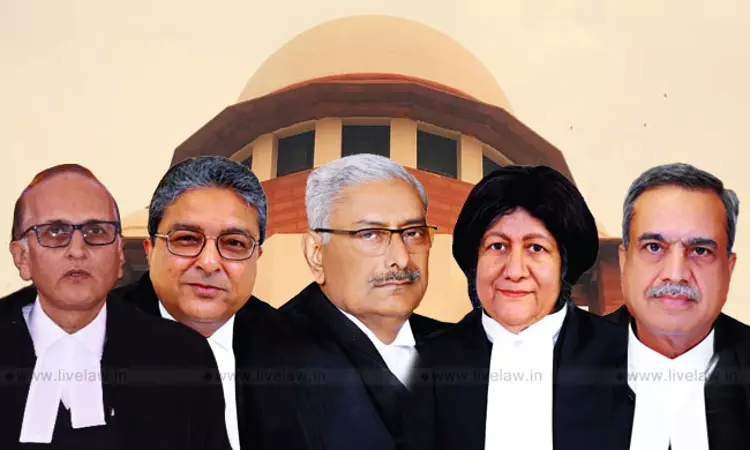SC To Consider Whether Persons Holding Public Offices Have More Restrictions On Free Speech
LIVELAW NEWS NETWORK
23 Oct 2019 10:10 PM IST

Next Story
23 Oct 2019 10:10 PM IST
On Wednesday afternoon, the Constitution Bench of the Supreme Court of India comprising of Justices Arun Misra, Vineet Saran, Indira Banerjee, M. R. Shah and S. Ravindra Bhat took up the case of Kaushal Kishore v. The State of Uttar Pradesh & Anr. The case stems from the Bulandshahar rape incident wherein a Minister of the State, Azam Khan had dismissed the incident as a "political...
